Protein for Kids
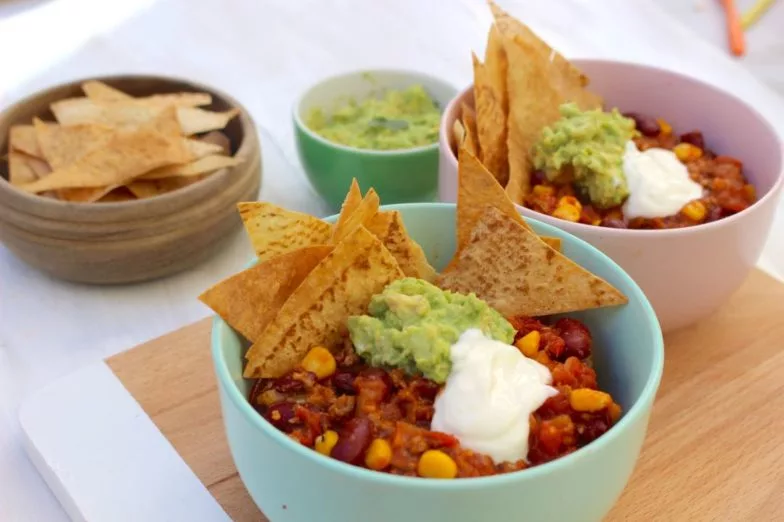
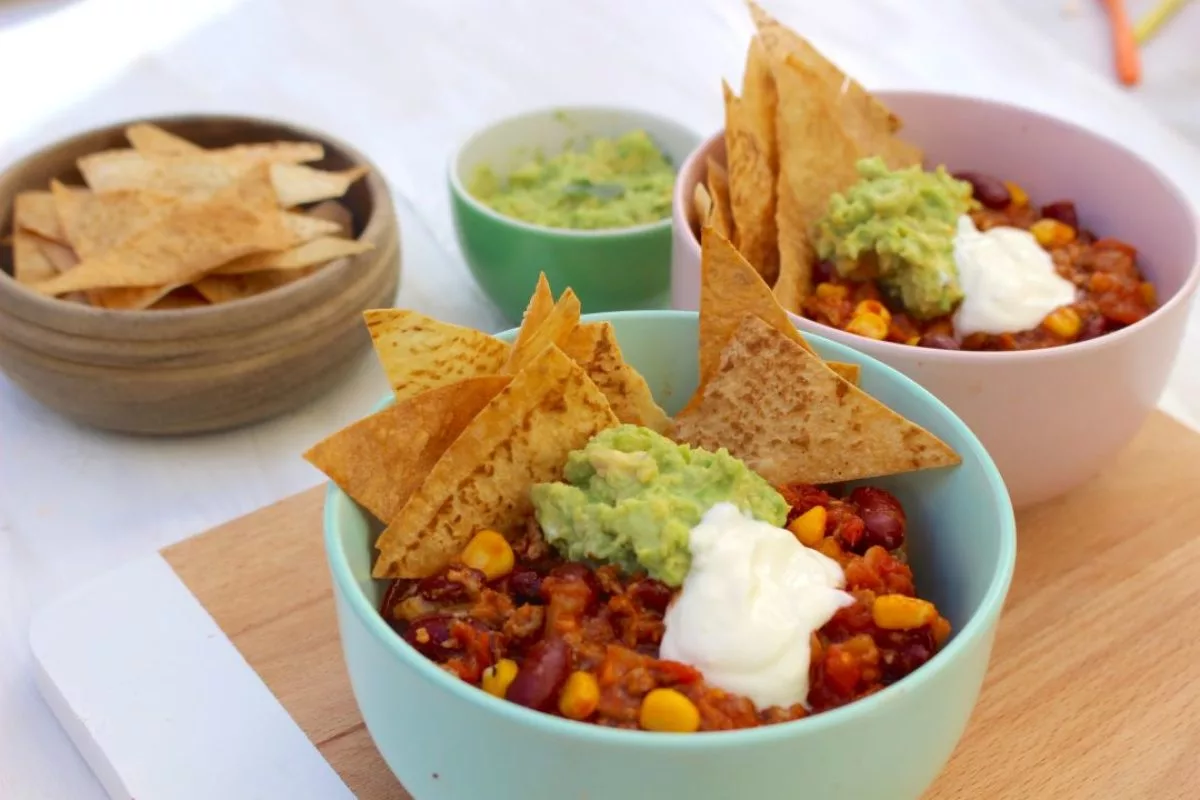
Protein in kid’s diets is a hot topic, with many parents expressing concerns about whether their carb-loving child is getting enough protein, especially if they refuse to eat meat.
The good news is that most kids get plenty of protein, even if they are not big meat eaters. This is because protein is found in a wide variety of foods, so in the majority of cases, parents don’t need to be concerned.
Only About Children’s in-house dietitians, Anna and Alex, share how much protein your child should be having, where to find protein in the diet and creative ways to incorporate more protein rich foods into your child’s diet.
How much protein does my child need?
For children aged 1-3 years, the recommended amount of protein is 14g/day. To put this in perspective 1 cup of milk has 8g of protein and 1 egg has 7g, which means a child could technically meet their entire daily protein requirement in breakfast alone (note: we recommend spreading protein intake out throughout the day). This is just the minimum dietary requirements and it doesn’t take into account the child’s height, weight and activity levels.
As children get older, their protein requirements increase as you can see below.
Age vs Protein
1-3 years Protein: 14g
4-8 years Protein: 20g
9-13 years (boys) Protein: 40g
9-13 years (girls) Protein: 35g
What foods contain protein?
Rather than worrying about exactly how many grams of protein your child is consuming each day, we recommend focusing on offering a protein-rich food source at breakfast, lunch, dinner and ideally snacks. This is the best way to ensure your child is getting enough.
To give you an idea of different foods containing protein and how much they contain, check this out:
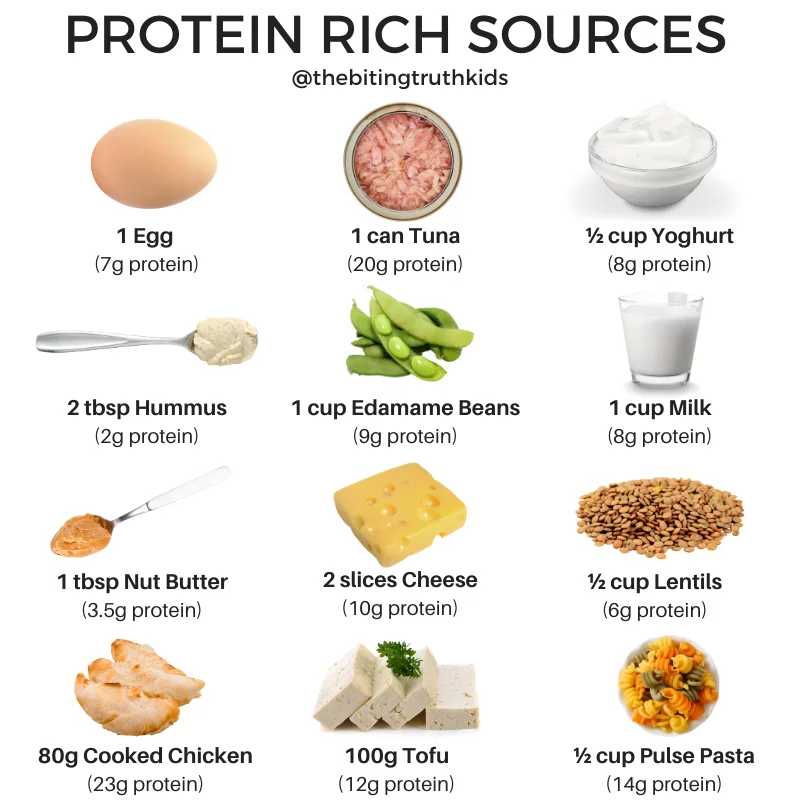
What if my child won’t eat meat?
If your child doesn’t eat meat, or eats only a very small amount don’t stress. It’s still very achievable for them to get enough protein in their diet. Just make sure you are including a source of vegetarian proteins at every meal.
Here are some examples of vegetarian protein sources:
- Cheese (e.g. cottage cheese and ricotta cheese)
- Yoghurt
- Black beans
- Kidney beans
- Lentils
- Cannellini beans
- Nuts and nut butters
- Hummus
- Seeds
- Tofu
What about protein powders for kids?
Protein powders are not necessary for children who eat a variety of foods.
If you’ve ever looked at the ingredients list on a protein powder container, you’ll notice there are a huge amount of additives, which we generally don’t recommend for kids. It’s better to focus on getting protein from whole foods.
If you have an extremely picky eater then talk to a dietitian or doctor as there are times when protein supplements are recommended.
Creative ways to incorporate protein into your child’s diet
- Try pulse pasta – this is a type of pasta made from legumes (lentils, chickpeas etc) which means it contains double the protein (and double the fibre) compared to regular pasta. Many children love to eat pasta (sans meat or sauce) so this can be a great option to get a little extra protein into them.
- Smoothies – include smoothies for breakfast or even as a snack. You can add full fat milk, yoghurt and even nuts and seeds to bump up the protein content of the smoothie. Throw in some frozen fruit and veg to get in some fibre, vitamins and minerals too.
- Add a protein source to toast in the morning – whilst vegemite toast isn’t an unhealthy option, it does lack protein. Offering protein as part of your child’s breakfast in the morning is a great way to help them meet their requirements and fuel up for the day ahead. Try offering a boiled egg, natural nut butter or a slice of cheese with their piece of toast.
- Meatballs – is your child not keen on a piece of steak or pieces of chicken? Try using a lean mince to create small meatballs that you can offer as a finger food for your child to try. You can also sneak in some extra veggies and prepare ahead of time with the option of freezing some for later!
- Offer protein rich snacks – when offering snacks to your child, ensure they’re getting some protein in. Yoghurt with fruit, peanut butter with fruit, or cheese with wholegrain crackers are three delicious protein rich snack options to try.
Can my child eat too much protein?
Remember, children only need small amounts of protein. You don’t want to go overboard when it comes to protein as it’s equally as important they get foods from the other food groups. This ensures your child is receiving a balanced diet to support growth and development.
Protein for Kids – The Bottom Line
Protein is an essential component of a healthy balanced diet for children to support optimal growth and development.
If your child attends one of our Only About Children campuses and you are concerned they are not getting adequate protein in their diet, speak to your campus director to organise a call with one of our dietitians.
Learn more about Nutrition at Only About Children.
For more great food reading see: The Importance of Dietary Fats , How to Pack the Perfect Lunch Box and Ditching The Pram For The Scooter.
Only About Children can help your child to grow, make friends and explore the world.
Only About Children can help your child to grow, make friends and explore the world.
Related Reads
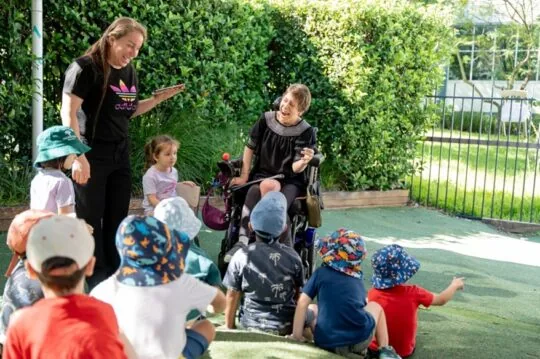
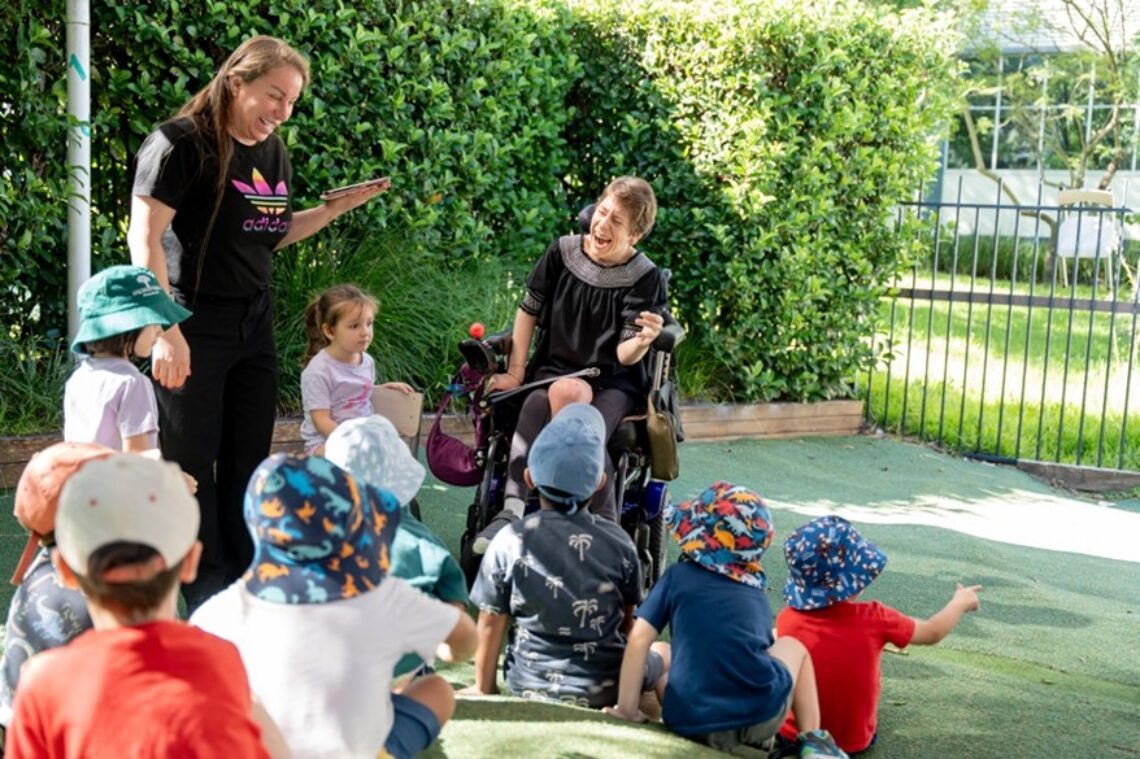
Bec Celebrates 10 Years Working In Her Dream Job At OAC Concord
Rebecca Donatiello (Bec) celebrates 10 years working and learning at Only About Children Concord.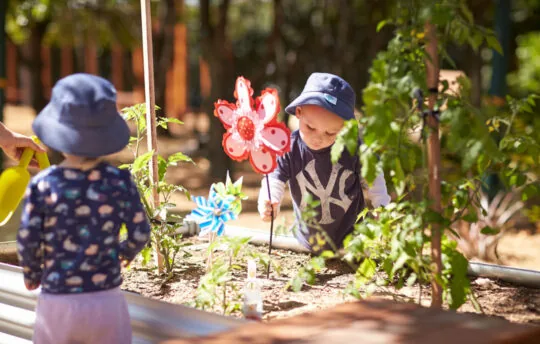

Choosing The Right Preschool/Kindergarten For Your Child
Choosing the right Preschool/Kindergarten for you child can be a daunting task. When exploring the ideal preschool choices for your child, there is no need to navigate blindly. Simply by asking the right questions, you can find the perfect match.
